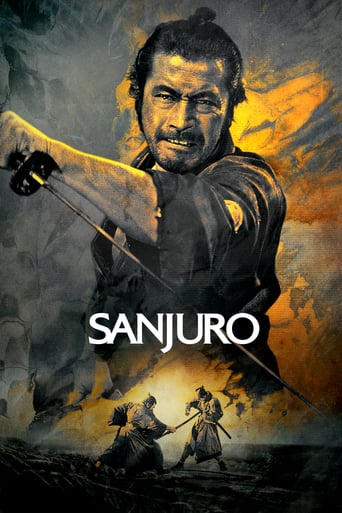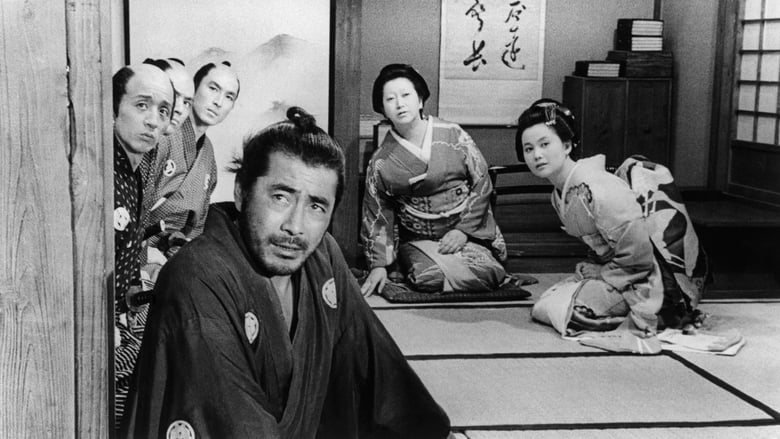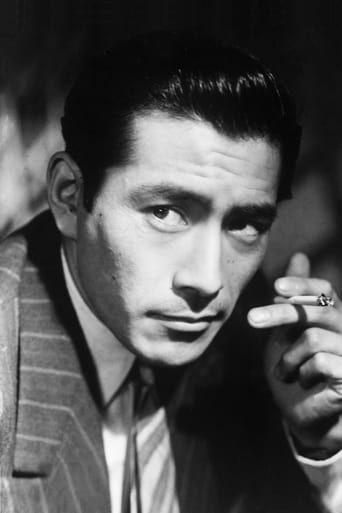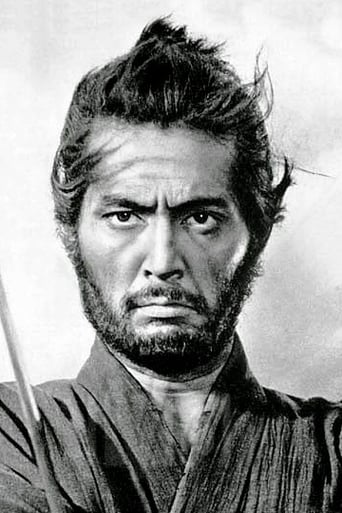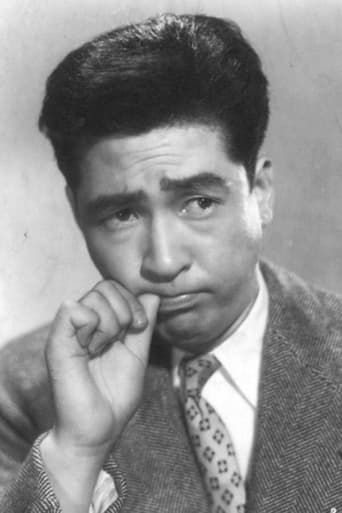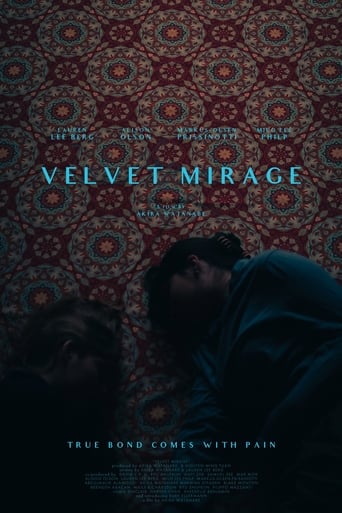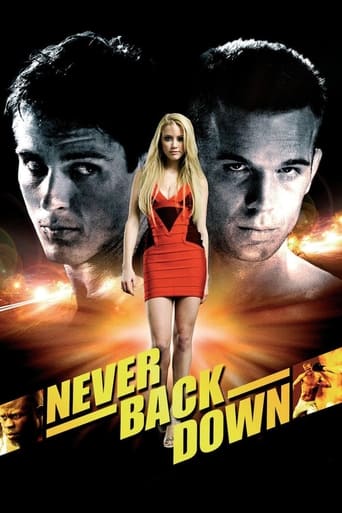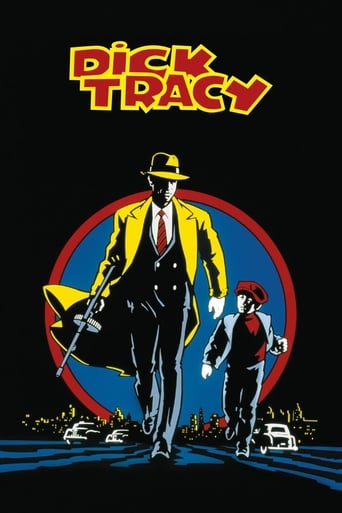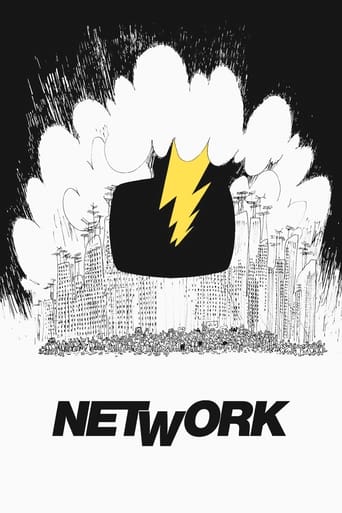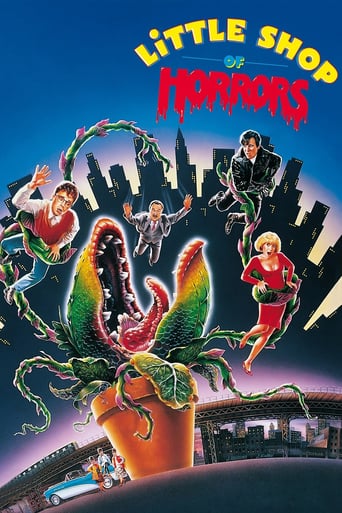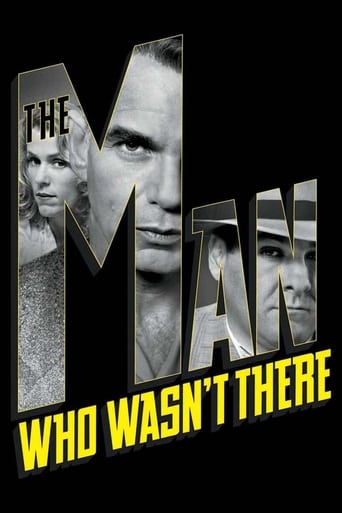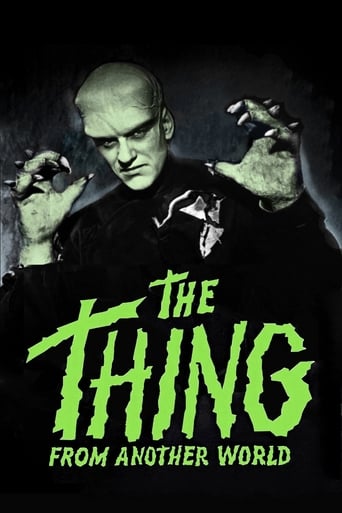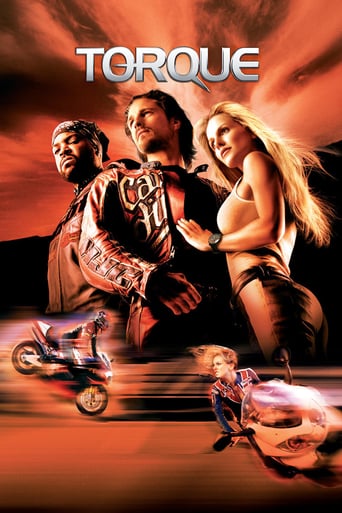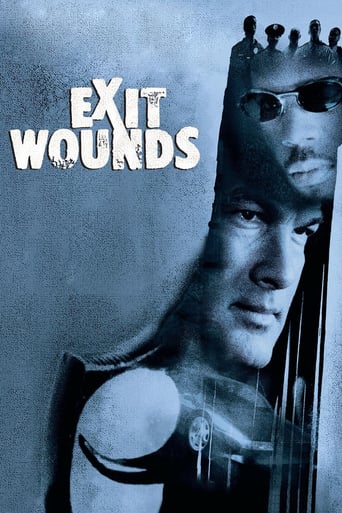Sanjuro (1963)
Toshiro Mifune swaggers and snarls to brilliant comic effect in Kurosawa's tightly paced, beautifully composed "Sanjuro." In this companion piece and sequel to "Yojimbo," jaded samurai Sanjuro helps an idealistic group of young warriors weed out their clan's evil influences, and in the process turns their image of a proper samurai on its ear.
Watch Trailer
Cast


Similar titles
Reviews
Takes itself way too seriously
Great Film overall
This is a dark and sometimes deeply uncomfortable drama
An old-fashioned movie made with new-fashioned finesse.
A crafty samurai helps a young man and his fellow clansmen save his uncle, who has been framed and imprisoned by a corrupt superintendent.Toshiro Mifune's sword fighting in the film was used in an extensive illustrated example of "samurai virtuosity with his sword" in "This is Kendo", a kendo manual published in English. As it should be! This is seen as a more light-hearted sequel to "Yojimbo", and indeed it is one of the few films I am aware of where samurai dance around in joyful glee. The violence is relatively low-key, with one crucial moment of gore, and the tone at times is even a bit humorous. Although not as praised as "Yojimbo", perhaps it should be.
Sanujuro ( meaning 30) is the name of a ronin ( wandering, masterless samurai) during the modernization period of japan (mid to late 1800's).A sudden political change has occurred with the rise of the middle class and a more modern government not hinged upon an actual , all powerful godly emperor and aristocracy. But during this time much turmoil and corruption ran rampant through the country as outside influences with vested interests propelled the land into " do or die mode"; change or BE changed. Thus the political climate is one of unseemly individuals whom stop at nothing to cement themselves into positions of power and all in the way be damned to JIGOKU ( hell). But in the heat and lust for power a kindly, old fashioned politician is abducted by more devious sorts commonly associated with their station ( not too different form nowadays). So the nephew and loyal young vassals strive to formulate a plan of attack and brave all danger and cast discretion to the wind to save the honorable old man, even at the expense of their lives, for such is Bushido (the way of the samurai). However before embarking upon their errand , a surprise from a familiar face ( with the same name , look, style,,etc) named Sanjuro overhears them and shows them a more strategic way to fulfill their mission.Personally I believe this to be an indirect sequel, but still a sequel to the previous years smash genre hit, Yojimbo. Aside from the painfully obvious facts that the character with the same first name, style, look, vernacular and way of conjuring a family name from what ever he spies around him suggests this to be a sequel , there's also the constant lodging within temples that could point toward the penniless ronins true return to film, as well as the clever usage of the number 30 ( sanjuro) that shares his name throughout both films. Kurosawa did nothing without thought, and this film was very much more thoughtful than the first ( yojimbo).To put it simply: the first film was almost all comedy and farce, whereas the second film this review is primarily concerned with is much more a tale of the times it takes place in; a political intrigue period piece, filled with action, better set design, props, extras galore, moxy if you will. The directors penchant for tongue and cheek is no more than the veritable "spice of life" as I call it, that all humans whom have lived experience in this life. But even with a tad comedic realism, this film has much more character, captivates and requires more attention and intellect to follow and is just an all around superior film. I highly recommend this to anyone seeking older films that do not reek of unnecessary melodic overtones or dance routines. The best black and white films didn't need such things. Now go enjoy a fine film!
Tosohiro Mifune again plays the role of the ronin from Kurasawa's previous movie "Yojimbo", and both share the theme of a wandering lone warrior in a parody of Clint Eastwood "man with no name" Western movies. "Yojimbo" was exciting and amusing; "Sanjuro", alas, is overlong, repetitive and inferior.The story is about a group of samurai meeting in a shrine, one of whom is the nephew of the region's Chamberlain, who had laughed off the nephew's exposure of corruption in the local government. The nephew had then told the local Superintendent, who expressed belief. The ronin, who happened to be sleeping nearby, had overheard the conversation and warns that the Superintendent is the true criminal...and is proved right when the Superintendent send some assassins to kill the nephew and his friends. The ronin manages to trick the assassins into leaving, and the nephew and his friends learn that the Chamberlain had been kidnapped and held hostage.Sounds exciting, right? But then the movie starts to repeat itself, with people continually looking over walls or opening and closing doors, with the ronin running back and forth and fighting and being upset at having to kill people, with the nephew and his friends being mistrustful of the ronin and causing further grief because of it, with troops marching back and forth. The tension is lost and the latter half of the movie slows to a crawl, spoiling the sharp beginning.
"You want to draw your swords? Forget it. A stupid friend's sword is deadlier than an enemy's."I couldn't encourage you more to see this film with its sibling, "Yojimbo" (1961). Not only are both as much fun as film can offer, they transcend the idea of a sequel or companion piece, or what is nowadays known as a spin-off. Both of them seem to share the same universe, and are anchored in Mifune's Nameless character; both films cast same actors; both exhibit the similarly ironic stance towards what we see and what happens. Indeed, "Sanjuro" (1962) is like a remake of sorts, or rather "Yojimbo: Take 2", and this is in no way a slight. By no means! Both films are perfect as they are, and complement, annotate and challenge each other. They are the same film, yet still different. Not a second chance, because "Yojimbo" doesn't need that, but instead a kind of meta-level alternate narrative, worthy of Joyce and Borges. This is the quiet little brother, "Yojimbo" the impervious radical rascal.Perhaps this is the gate of hell where Unosuke promised to wait for Sanjuro in the end of the last film.

